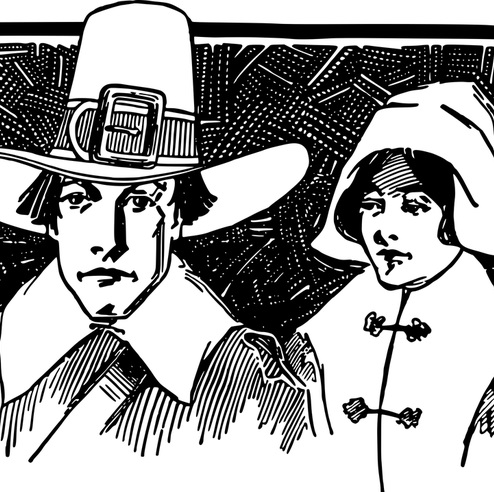
by Richard Subber | Oct 26, 2024 | American history, Book reviews, Books, History, Power and inequality
…they readily went to war…
Book review:
Mayflower:
A Story of Courage, Community, and War
by Nathaniel Philbrick (b1956)
New York: Viking, The Penguin Group, 2006
461 pages
Philbrick offers his usual compelling narrative in Mayflower.
It becomes clear rather quickly that he’s not telling the elementary school version of the Pilgrims and Plymouth Rock and the “first Thanksgiving” that you may remember from your childhood.
The Pilgrims—the Separatists, as they named themselves—didn’t come to North America to establish religious freedom. They were escaping from limitations on their religious freedom that they had endured in England, and later, to some extent, in Holland. As the years went by in Plymouth and the Massachusetts Bay colony, they certainly did not extend any tolerance of religious freedom to those Europeans and Native Americans who held different religious beliefs.
The Pilgrims were not simply a happy, peaceful people. They readily went to war with the Indians, in both defensive and offensive campaigns.
Many of the Pilgrims suffered gruesome physical privations and many of them died soon after arriving in what greedy European promoters liked to call The New World.
If you’re thinking how wonderful it would have been to be a Pilgrim in Plymouth in 1620, think again.
* * * * * *
Book review. Copyright © Richard Carl Subber 2024 All rights reserved.
–
Above all: Poems of dawn and more with 73 free verse poems,
and the rest of my poetry books are for sale on Amazon (paperback and Kindle)
and free in Kindle Unlimited, search Amazon for “Richard Carl Subber”
* * * * * *
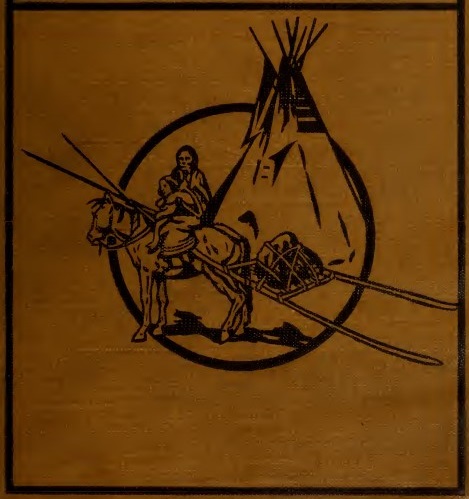
by Richard Subber | Sep 28, 2024 | American history, Books, History, Power and inequality
not what you learned in school…
Book review:
Facing East from Indian Country:
A Native History of Early America
Daniel K. Richter (b1954)
American historian, a Pulitzer Prize finalist
Cambridge, MA: Harvard University Press, 2001
You can count on Richter to provide a full course meal of insights and commentaries and knowledge about the original peoples of North America.
Dig in to Facing East from Indian Country to learn about how the Indians felt and what they understood about the Europeans who invaded their lands.
Nearly all of what we know about the Indians in pre-colonial and colonial times was written down by Europeans, but Richter is dedicated to discerning the Indians’ meaning, intent and recognition from the contexts and styles of those accounts.
This is not the American history you learned in school.
* * * * * *
Book review. Copyright © Richard Carl Subber 2024 All rights reserved.
Book review: Shawshank Redemption
A world I do not want to know…
by Stephen King
–
Seeing far: Selected poems with 47 free verse and haiku poems,
and the rest of my poetry books are for sale on Amazon (paperback and Kindle)
and free in Kindle Unlimited, search Amazon for “Richard Carl Subber”
* * * * * *

by Richard Subber | Sep 22, 2024 | Book reviews, Books, History, Human Nature, Power and inequality, World history
not everything is vanity
Book review:
The Bombing of Auschwitz:
Should the Allies have Attempted It?
Michael J. Neufeld and Michael Berenbaum, eds.
New York: St. Martin’s Press, 2000
350 pages with extensive notes, bibliography, and index
The Bombing of Auschwitz: Should the Allies have Attempted It? is a retrospective, somewhat repetitive but broadly didactic selection of 15 arguments for and against the bombing of Auschwitz, with more than 40 primary source documents.
You’ll learn a lot about the terrible dilemma that the Allies faced—and some of them tried to ignore—during World War II. If the Allies had tried to bomb the crematoria, would Jewish lives have been saved? At what cost to the overall war effort?
Neufeld and Berenbaum offer 15 points of view, but, of course, the questions can’t be answered with full confidence.
Sadly, we can’t re-do the solitary track of history.
* * * * * *
Book review. Copyright © Richard Carl Subber 2024 All rights reserved.
Book review: Lord of the Flies
Never more relevant…
by William Golding
–
As with another eye: Poems of exactitude with 55 free verse and haiku poems,
and the rest of my poetry books are for sale on Amazon (paperback and Kindle)
and free in Kindle Unlimited, search Amazon for “Richard Carl Subber”
* * * * * *
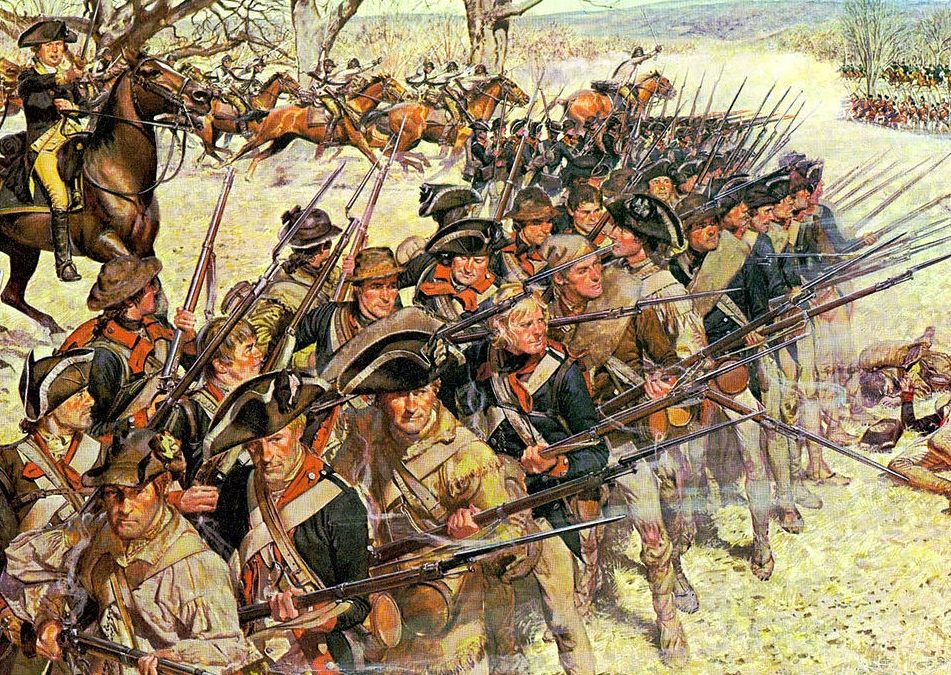
by Richard Subber | Aug 8, 2024 | American history, Book reviews, Books, History, Revolutionary War
the way it was…
Book review:
The History of the American Revolution vol. II
by David Ramsay
New York: Russell & Russell, 1789, 1793, 1968
360 pages
One of the best reasons for reading The History of the American Revolution is that it was written by an educated physician who actually served in the Revolutionary War.
David Ramsay wrote a book that is mostly play-by-play. The context is who did what and when.
There’s not a lot of deep thinking about the motivations of the politicians and generals on either side.
The reader can imagine that this is the way that Huntley and Brinkley might have reported the Revolutionary War.
* * * * * *
Book review. Copyright © Richard Carl Subber 2024 All rights reserved.
Book review:
The American Revolution: A History
The “Founders” were afraid
of “democracy”…
by Gordon S. Wood
As with another eye: Poems of exactitude with 55 free verse and haiku poems,
and the rest of my poetry books are for sale on Amazon (paperback and Kindle)
and free in Kindle Unlimited, search Amazon for “Richard Carl Subber”
* * * * * *
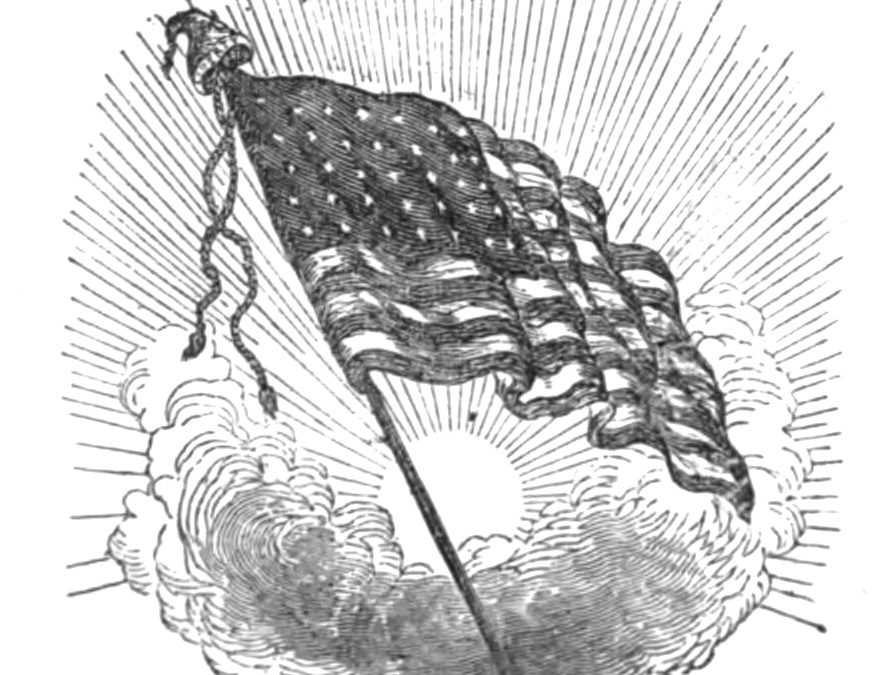
by Richard Subber | Jul 27, 2024 | American history, Book reviews, Books, Democracy, History, Politics, Power and inequality, Reflections
think again about democracy
Book review:
Our Ancient Faith:
Lincoln, Democracy, and the American Experiment
Allen C. Guelzo
New York: Alfred A. Knopf, 2024
247 pages
Despite the title, Guelzo’s estimable book is not primarily or thematically about Abraham Lincoln. It is a densely researched and completely explained treatise on democracy, what it means, and what it might mean.
Our Ancient Faith opens new vistas of thought for me, and I’m thankful for my newly conceptual ideas about democracy, including the good, the bad, and the ugly. Make no mistake, democracy isn’t inherently our salvation. We’ve got a lot to do as we go down that path.
Granted, the reader will learn about Lincoln, although a good grounding in Lincoln’s life story and his times will serve the reader well.
I’m a bit leery of believing that I know for certain what a dead man was thinking when he said this and that. Guelzo perhaps reads too deeply into Lincoln’s recorded words. The book certainly is not hagiographic, and Lincoln certainly was a deep thinker, but I don’t want to forget that Lincoln was an ambitious man and a politician.
I’ll be inclined to read the book again for the expansive exposition of political thought.
The book, with extensive notes, is 247 pages, a very sensible length.
* * * * * *
Book review. Copyright © Richard Carl Subber 2024 All rights reserved.
Book review: The Snow Goose
…sensual drama, eminently poetic…
by Paul Gallico
My first name was rain: A dreamery of poems with 53 free verse and haiku poems,
and the rest of my poetry books are for sale on Amazon (paperback and Kindle)
and free in Kindle Unlimited, search Amazon for “Richard Carl Subber”
* * * * * *
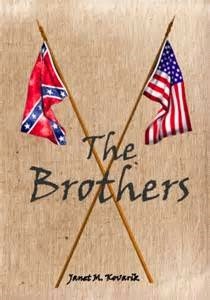
by Richard Subber | Jul 11, 2024 | American history, Book reviews, Books, History, Language
This is good storytelling
Book review:
The Brothers
Janet M. Kovarik
2014
If you’re a student of the Civil War, you’ll recognize the actual historical figures who are part of the story, and you’ll quickly feel comfortably familiar with Stu and Beau and Sarah and their families, because they embody some of the compelling human agents of the wartime drama.
These characters are three-dimensional. There is human urgency in their speech and actions. These are cerebral characters who are articulately reflective, thoughtful about their circumstances and their life journeys, and passionate about love and rectitude and their personal legacies and futures.
The Brothers is the first novel in The McCullough Saga. The twins, Beau and Stu, have explicitly distinct personalities but their lives have remarkably similar if unconventional trajectories. They are the central figures in a human story, on a human scale, with a conspicuously realistic historical setting. Storm Haven, their deep South plantation, is convincingly researched, as are the gritty battle scenes, the economics and logistics of the war, the arduous success of the Underground Railroad and the delights of antebellum southern cuisine.
The Brothers is a dialogue-rich offering of historical fiction. I’m a dialogue fan. This is good storytelling.
* * * * * *
Book review. Copyright © Richard Carl Subber 2024 All rights reserved.
The Unknown American Revolution (book review)
in the streets, says Gary Nash
Above all: Poems of dawn and more with 73 free verse poems,
and the rest of my poetry books are for sale on Amazon (paperback and Kindle)
and free in Kindle Unlimited, search Amazon for “Richard Carl Subber”
* * * * * *





